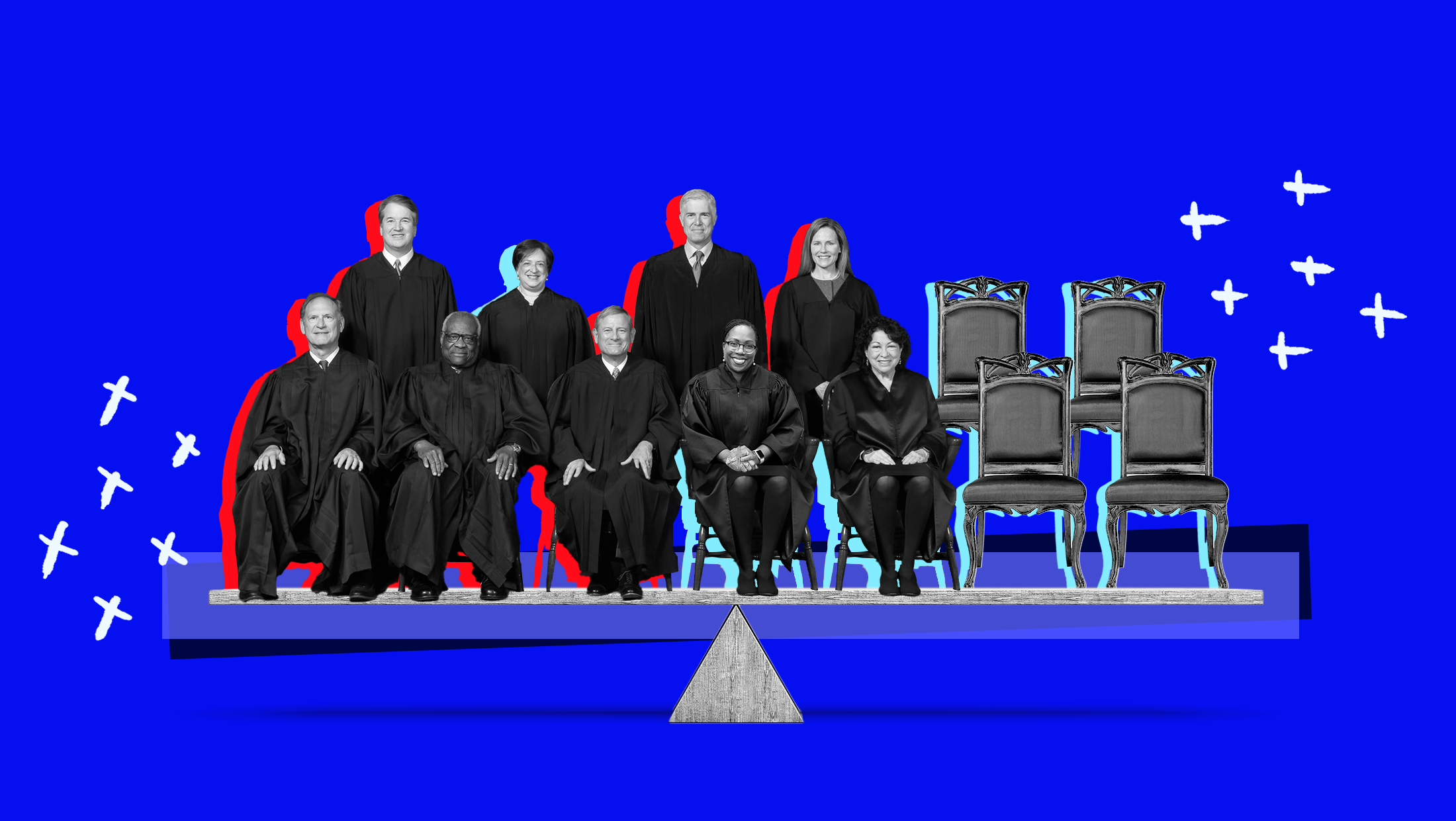Rumpole
Diamond Member
- Mar 20, 2023
- 2,897
- 2,296
- 1,928
- Thread starter
- #61
youre leaving out that a true democracy exists and since a constitutional republic is as far as you can get from that its just gaslighting and dishonest to claim we are a democracy,,
That argument is thoroughly eviscerated here:

Dems, don't let Repubs bamboozle you, America IS a democracy.
{Caveat: those who are weaned on soundbites, one liners and snarky quips, who have subsequent short attention spans, ignore this post] This trope has been floundering around the conservative/libertarian circles on the right for some time now, and now Trump has joined the *RNAD regurgitators...
 www.usmessageboard.com
www.usmessageboard.com


